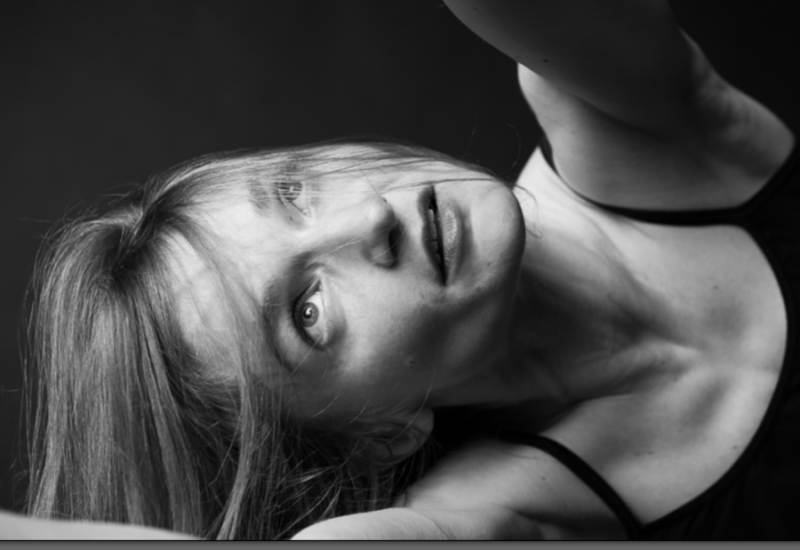Nashville-native Banning Bouldin joins forces with GroundWorks DanceTheater for the company’s upcoming Summer Series. The New Dialect Founder and Artistic Director’s world premiere work, Chronos, will make its debut on the Alma Theater stage at Cain Park.
Bouldin attended the Julliard School in 2002 and received her BFA in dance. She then went on to work internationally with renowned companies, dancers and choreographers, such as The Cullberg Ballet of Sweden, Mats Ek and Johan Inger, to name a few.
Bouldin formed New Dialect in 2012 in response to the need in the Nashville community for a rich and relevant contemporary dance company that would allow dancers, artists and choreographers the opportunity to explore the movements of 21st century dance.
In 2016, Bouldin was diagnosed with a neurological disorder, which has affected her life as a dancer both physically and emotionally.
“The unpredictable nature of my disease and not knowing when an attack will happen, how long it will last, and what I might lose, all make me want to savor the moments when I feel good with deep joy and gratitude,” says Bouldin. “I’m very fortunate to be feeling well during my creative process with GroundWorks and have thoroughly enjoyed being able to move around in the studio with the dancers.”
Bouldin has felt the shift of being a dancer to becoming a choreographer and is actively investigating ways in which she can continue to make dances if or when her body can no longer move.
“While I will always love dancing, I’m glad I don’t have to be a great dancer to make dances,” says Bouldin. “This realization has been a comfort to me many times over the past two years. I can still engage with my art form and the creative process no matter what happens to my body.”
Bouldin’s piece explores how humans experience time. The ancient Greeks had three different terms to describe time: “Chronos” – the ticking clock, “Kairos” – quality time, and “Aion” – eternity. Bouldin describes how the recent loss of a family member has informed her new work.
“As I process his death, I have found myself reflecting on time and the many different ways in which we engage with it – from recognizing meaningful moments in hindsight, to feeling pressured by the clock to keep up with the pace of daily life, and marveling at temporal concepts like infinity and eternity,” she says. “In an abstract way, I believe I envisioned Chronos as a way for me to visually process my experience, to say goodbye, and to present others with the opportunity to reflect on their own experience as well.”
Her process is highly collaborative. Banning often uses writing games, architectural theory and even mathematical equations to co-generate a movement language for a specific piece. Luckily, the GroundWorks artists are all willing to try new things. Each of the dancers was open to tackling new ways of building material and dedicated themselves to the creative process, wholeheartedly.
“Being dancers in a contemporary repertory company requires us to be sort of physical polyglots, speaking multiple languages with our bodies,” she says. “While it’s impossible to become ‘fluent’ in a new language in just two weeks, the dancers of GroundWorks did remarkable work assimilating loads of new information. They’re each beautiful in their own way, and I’m excited to see how Chronos grows as they continue their research of the piece.”

